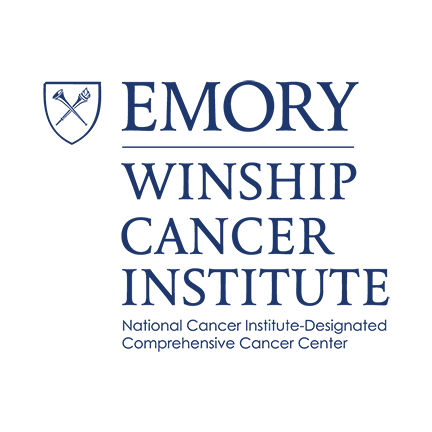预约演示
更新于:2025-09-13
DMS-3008
更新于:2025-09-13
概要
基本信息
药物类型 双特异性抗体 |
别名 anti-EGFR/VEGF antibody (Domantis Limited)、DMS-3008、DMS3008 |
作用方式 拮抗剂、抑制剂 |
作用机制 EGFR拮抗剂(表皮生长因子受体erbB1拮抗剂)、VEGF抑制剂(血管内皮生长因子抑制剂)、VEGFR拮抗剂(血管内皮细胞生长因子受体拮抗剂) |
在研适应症- |
原研机构 |
在研机构- |
权益机构- |
最高研发阶段无进展临床前 |
首次获批日期- |
最高研发阶段(中国)- |
特殊审评- |
研发状态
10 条进展最快的记录, 后查看更多信息
登录
| 适应症 | 最高研发状态 | 国家/地区 | 公司 | 日期 |
|---|---|---|---|---|
| 头颈部肿瘤 | 临床前 | 美国 | 2008-05-01 | |
| 头颈部肿瘤 | 临床前 | 英国 | 2008-05-01 | |
| 肺癌 | 临床前 | 美国 | 2008-05-01 | |
| 肺癌 | 临床前 | 英国 | 2008-05-01 |
登录后查看更多信息
临床结果
临床结果
适应症
分期
评价
查看全部结果
登录后查看更多信息
转化医学
使用我们的转化医学数据加速您的研究。
登录
或

药物交易
使用我们的药物交易数据加速您的研究。
登录
或

核心专利
使用我们的核心专利数据促进您的研究。
登录
或

临床分析
紧跟全球注册中心的最新临床试验。
登录
或

批准
利用最新的监管批准信息加速您的研究。
登录
或

生物类似药
生物类似药在不同国家/地区的竞争态势。请注意临床1/2期并入临床2期,临床2/3期并入临床3期
登录
或

特殊审评
只需点击几下即可了解关键药物信息。
登录
或

生物医药百科问答
全新生物医药AI Agent 覆盖科研全链路,让突破性发现快人一步
立即开始免费试用!
智慧芽新药情报库是智慧芽专为生命科学人士构建的基于AI的创新药情报平台,助您全方位提升您的研发与决策效率。
立即开始数据试用!
智慧芽新药库数据也通过智慧芽数据服务平台,以API或者数据包形式对外开放,助您更加充分利用智慧芽新药情报信息。
生物序列数据库
生物药研发创新
免费使用
化学结构数据库
小分子化药研发创新
免费使用
